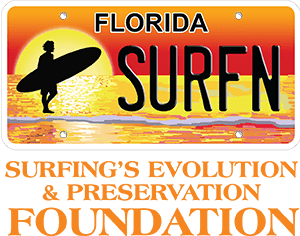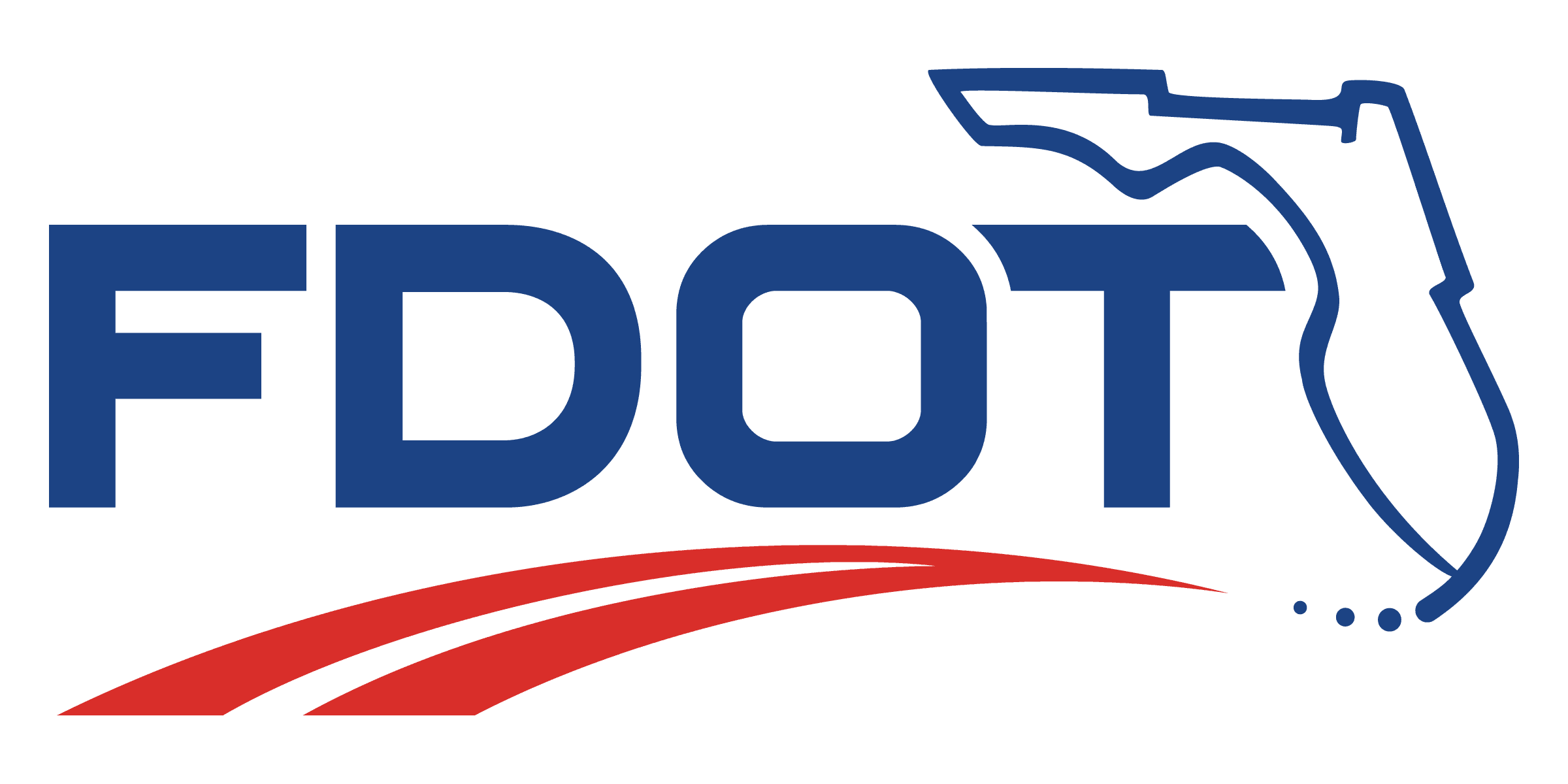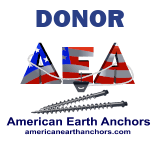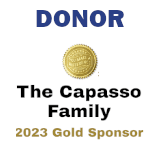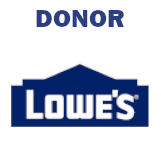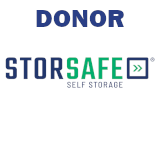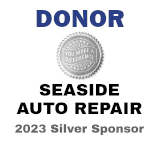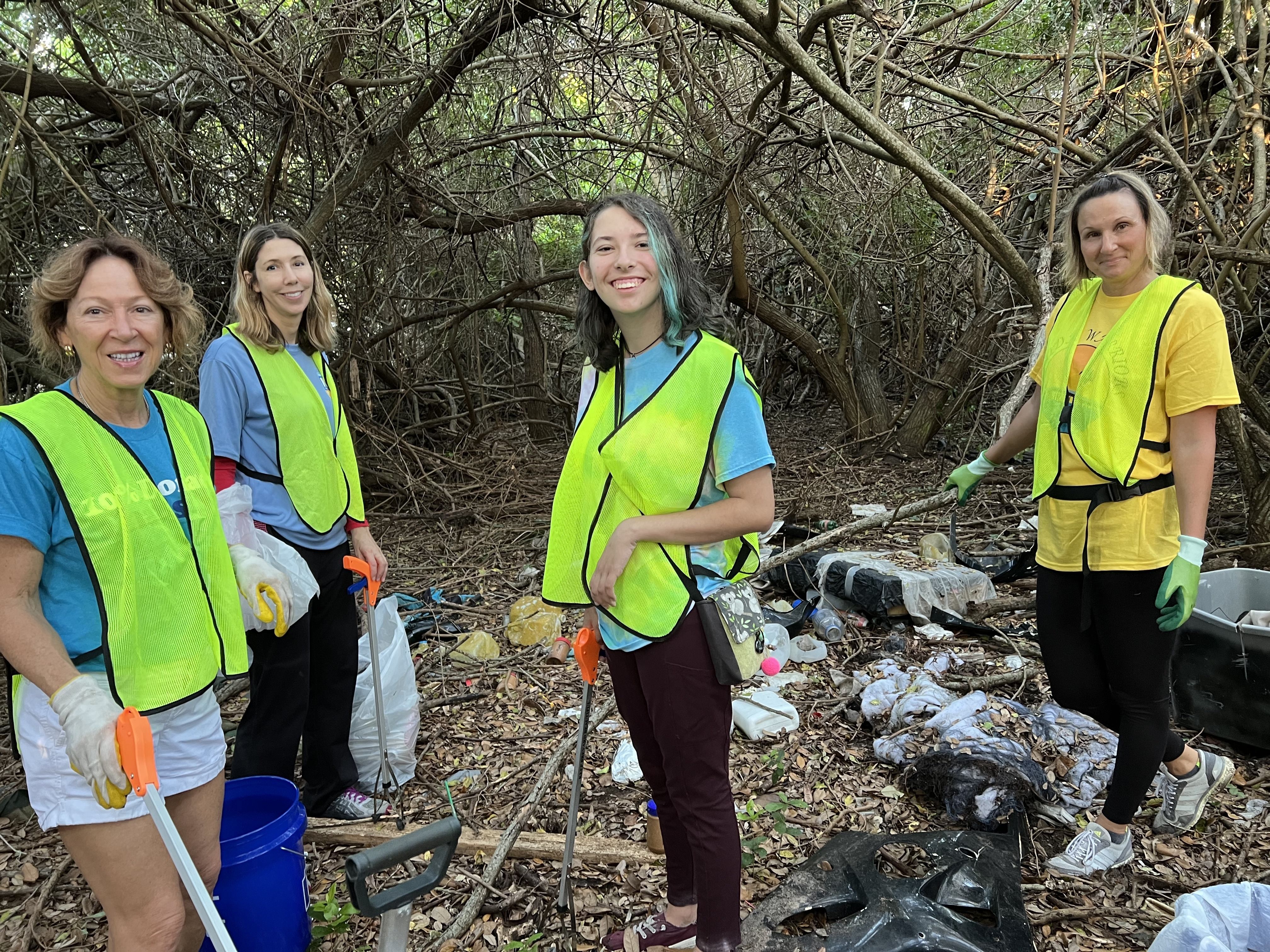
Trash Talk Post1
The Fight to Keep Florida’s Indian River Lagoon Clean
Ah, Florida! Land of endless sunshine, alligator encounters, and brackish water rivers that should be a paradise for fish and birds alike. But lately, these rivers have become a little too "salty" in a not-so-charming way, thanks to an unwelcome guest: trash. From plastic bottles to rogue flip-flops, our rivers are looking more like nature’s junk drawer than the vibrant ecosystems they’re meant to be.
**The Trashy Takeover**
Imagine a peaceful river where fresh and saltwater mix to create a thriving habitat, a place where fish swim happily and birds dive for their next meal. Now, imagine that same river clogged with plastic bags, soda cans, and other debris. It’s like someone threw a never-ending trash party, and the wildlife are the unfortunate guests.
Trash in these rivers isn’t just unsightly—it’s downright dangerous. Plastic waste, for example, can block sunlight from reaching underwater plants, throwing the whole ecosystem out of whack. Those plants aren’t just there for decoration; they’re essential for producing oxygen and keeping the water clean. Without them, fish and other aquatic life are left gasping for air—literally.
**Wildlife in Peril**
But the problems don’t stop there. Wildlife often mistakes trash for food, leading to some tragic cases of mistaken identity. A sea turtle spots a plastic bag floating by and thinks, “Mmm, jellyfish!”—only to end up with a belly full of plastic instead. Birds, too, aren’t immune; a pelican diving for fish might end up tangled in a six-pack ring, turning what should be an easy meal into a life-threatening situation.
Then there’s the issue of microplastics, those tiny pieces of plastic that result from larger items breaking down. These little bits are like confetti—except they don’t bring any joy. Instead, they get eaten by plankton, which are then eaten by fish, which are then eaten by bigger fish, and so on. Eventually, those microplastics could end up on our plates. Yum?
**Why We Need to Clean Up Our Act**
This is why removing trash from these rivers before it breaks down is so crucial. It’s like dealing with a mess in your house: if you let it sit, it only gets worse. Regular clean-up efforts are our best defense, stopping trash from breaking down into microplastics and preventing it from wreaking havoc on the ecosystem.
Community clean-ups, stricter regulations on waste disposal, and individual efforts to reduce plastic use can all make a difference. Every piece of trash removed is one less threat to the river’s health—and to the wildlife that depend on it.
**Here’s the good news: you can help fix this!**
Waterway Warriors is a growing community of everyday people—especially students—working to clean up our local rivers, canals, and coastlines before trash does long-term damage. Whether you're picking up debris with your own two hands, leading a cleanup with your friends, snapping photos for awareness, or helping us online—your time makes a difference.
And if you're a student? You can earn volunteer hours while helping heal the environment. That's a win for your resume, your community, and your planet.
Be the Change. Start Now.
Don’t wait for someone else to fix it. The lagoon needs YOU.
Grab a trash bag, bring some friends, and become a Waterway Warrior.
Together, we can turn the tide against pollution—one piece of trash at a time.
Join the Warriors. Fight for Florida’s Waterways.





